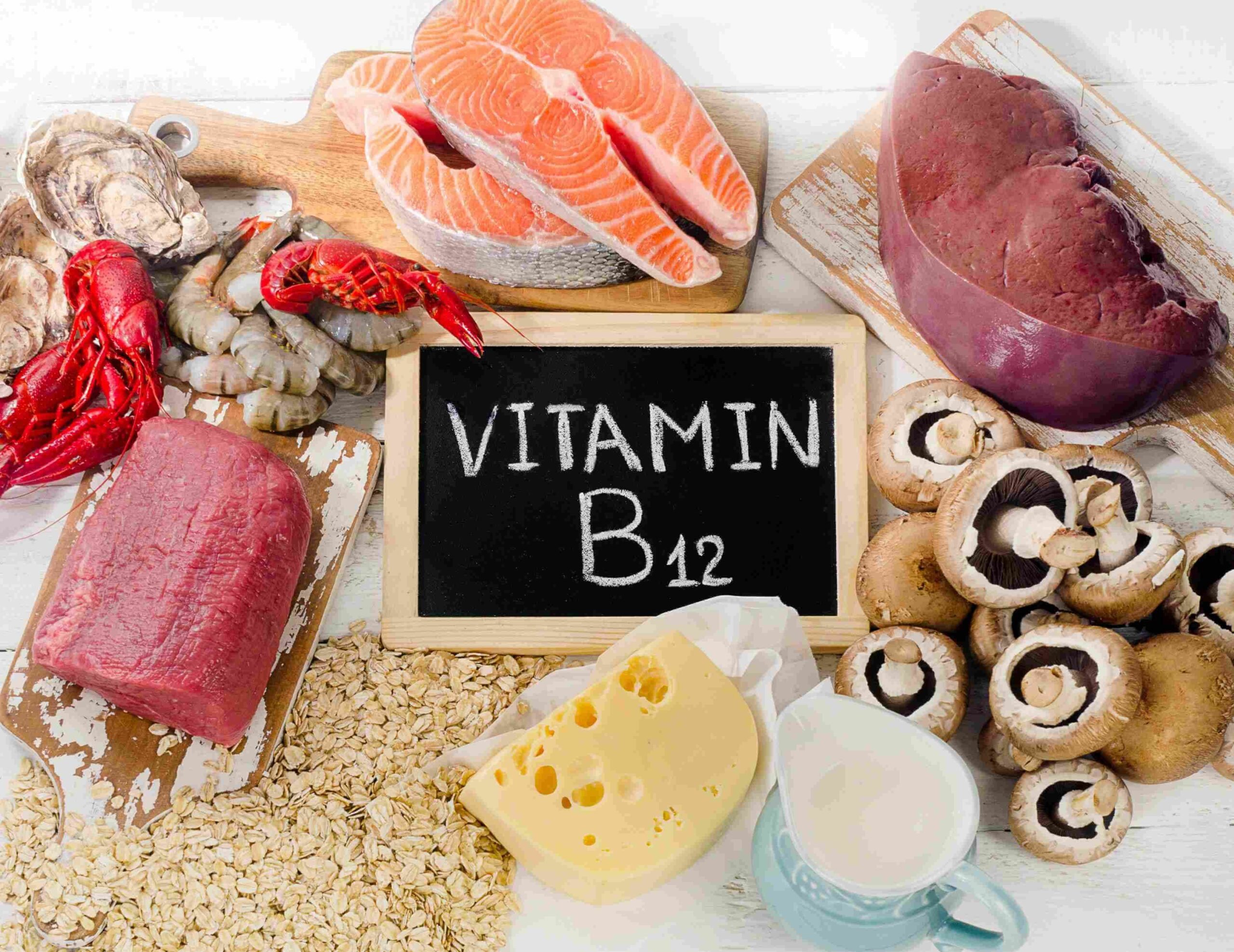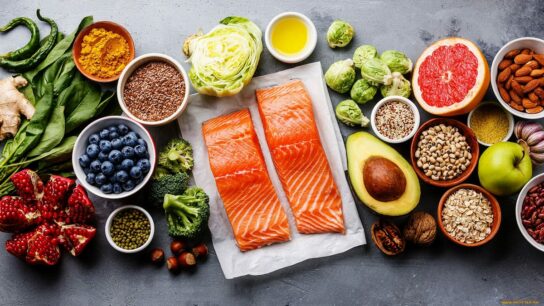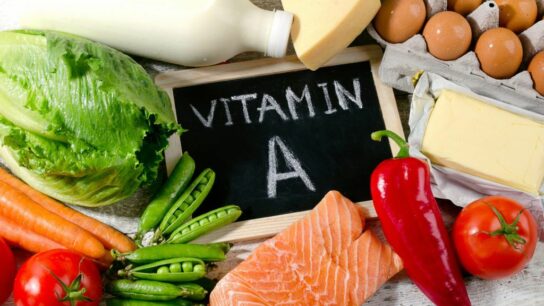Maintaining adequate levels of Vitamin B12 is crucial for your overall health. Vitamin B12, also known as cobalamin, is vital for red blood cell formation, nerve function, and DNA synthesis. Unfortunately, Vitamin B12 deficiency is quite common, especially among certain groups such as vegans, vegetarians, and older adults. Fortunately, there are many ways to boost your Vitamin B12 intake, and one effective method is through consuming fortified foods. In this comprehensive guide, we’ll explore everything you need to know about Vitamin B12, the importance of fortified foods, and practical tips to ensure you’re getting enough of this essential nutrient.
Understanding Vitamin B12
What is Vitamin B12?
Vitamin B12 is a water-soluble vitamin that plays a key role in brain function and the production of DNA and red blood cells. Unlike other vitamins, Vitamin B12 is naturally found in animal products, which makes it a challenging nutrient to obtain for those following a plant-based diet.
Why is Vitamin B12 Important?
Vitamin B12 is essential for:
- Red Blood Cell Formation: It helps in the production of red blood cells, which carry oxygen throughout your body.
- Nerve Function: It maintains the health of your nerve cells and helps in the production of myelin, a protective covering around nerves.
- DNA Synthesis: It plays a role in the creation of DNA, the genetic material in all cells.
- Energy Production: It helps convert the food you eat into glucose, which your body uses for energy.
Symptoms of Vitamin B12 Deficiency
A deficiency in Vitamin B12 can lead to various health issues, including:
- Anemia: Characterized by fatigue, weakness, and pale skin.
- Neurological Issues: Such as numbness and tingling in the hands and feet, difficulty walking, and memory problems.
- Mood Changes: Including depression and mood swings.
- Mouth Ulcers and Glossitis: Inflammation and soreness of the tongue and mouth.
The Role of Fortified Foods in Vitamin B12 Intake
What Are Fortified Foods?
Fortified foods are those that have nutrients added to them that don’t naturally occur in significant amounts. These foods are designed to help improve nutrient intake and prevent deficiencies.
Why Choose Fortified Foods for Vitamin B12?
For those who don’t consume animal products or have difficulty absorbing Vitamin B12 from food, fortified foods can be an excellent source. They are especially beneficial because:
- Accessibility: They are widely available and easy to incorporate into your diet.
- Convenience: They often come in forms that can be easily added to meals or consumed as snacks.
- Variety: They come in many types, from cereals and plant-based milk to nutritional yeast and meat substitutes.
Top Fortified Foods Rich in Vitamin B12
Fortified Cereals
Many breakfast cereals are fortified with Vitamin B12. These cereals can provide a significant portion of your daily Vitamin B12 needs in a single serving. Look for options that are low in added sugars and high in fiber for additional health benefits.
Fortified Plant-Based Milk
Plant-based milks, such as almond, soy, and oat milk, are often fortified with Vitamin B12. These milks can be used in the same way as dairy milk, making them a versatile addition to your diet.
Nutritional Yeast
Nutritional yeast is a popular food product among vegans and vegetarians. It has a cheesy, nutty flavor and is often fortified with Vitamin B12. You can sprinkle it on popcorn, pasta, or salads, or use it in cooking to add a nutritional boost.
Fortified Meat Substitutes
Many plant-based meat substitutes, such as veggie burgers and sausages, are fortified with Vitamin B12. These products are designed to mimic the taste and texture of meat, making them a convenient option for those transitioning to a plant-based diet.
Tips for Incorporating Fortified Foods into Your Diet
Start with Breakfast
Incorporate fortified cereals or plant-based milk into your breakfast routine. You can enjoy a bowl of cereal with fortified almond milk or blend fortified soy milk into your morning smoothie.
Use Nutritional Yeast as a Topping
Sprinkle nutritional yeast on your meals to add a boost of Vitamin B12. It works well on popcorn, pasta, and salads, or you can mix it into soups and stews.
Choose Fortified Snacks
Opt for fortified snacks such as energy bars or fortified plant-based yogurt. These can be a convenient way to increase your Vitamin B12 intake throughout the day.
Read Labels Carefully
When shopping for fortified foods, read labels carefully to ensure they contain added Vitamin B12. Look for terms like “fortified” or “enriched” on the packaging.
Frequently Asked Questions
What are the best plant-based sources of Vitamin B12?
The best plant-based sources of Vitamin B12 are fortified foods such as fortified cereals, plant-based milks, nutritional yeast, and fortified meat substitutes.
How much Vitamin B12 do I need daily?
The recommended daily intake of Vitamin B12 varies by age and life stage. For most adults, it is 2.4 micrograms per day. However, pregnant and breastfeeding women need higher amounts.
Can I get enough Vitamin B12 from fortified foods alone?
Yes, it is possible to meet your Vitamin B12 needs through fortified foods alone, especially if you carefully select a variety of fortified products and consume them regularly.
Are there any risks associated with consuming fortified foods?
Generally, fortified foods are safe to consume. However, it’s important not to rely solely on fortified foods for all your nutrient needs and to maintain a balanced diet.
How can I tell if a food is fortified with Vitamin B12?
Check the nutrition label on the packaging. It will list the vitamins and minerals that have been added, including Vitamin B12.
Are fortified foods suitable for children?
Yes, fortified foods can be a good source of Vitamin B12 for children, especially if they follow a vegetarian or vegan diet. Always check the recommended daily intake for children based on their age.
What are the symptoms of consuming too much Vitamin B12?
Vitamin B12 is water-soluble, meaning excess amounts are usually excreted in urine. Therefore, it is unlikely to cause harm, but it is still best to stick to the recommended intake.
Is it better to get Vitamin B12 from supplements or fortified foods?
Both supplements and fortified foods can be effective ways to get enough Vitamin B12. The choice depends on individual preferences, dietary habits, and specific health needs.
Can fortified foods replace the need for Vitamin B12 injections?
For most people, fortified foods and supplements can provide adequate Vitamin B12. However, those with severe deficiencies or absorption issues may still require Vitamin B12 injections as prescribed by their healthcare provider.
What should I do if I suspect a Vitamin B12 deficiency?
If you suspect a Vitamin B12 deficiency, consult a healthcare provider. They can perform a blood test to check your levels and recommend appropriate treatment, which may include dietary changes, supplements, or injections.
Conclusion
Ensuring you get enough Vitamin B12 is essential for your health, and fortified foods offer a convenient and effective way to boost your intake. By incorporating a variety of fortified foods into your diet, you can meet your Vitamin B12 needs and enjoy the many benefits this vital nutrient provides. Remember to check labels, start with fortified breakfast options, and use nutritional yeast as a topping to seamlessly integrate these foods into your daily routine. If you have any concerns about your Vitamin B12 levels or dietary needs, don’t hesitate to consult with a healthcare professional for personalized advice.
- Weed Infused Drinks In Idaho ID - June 1, 2025
- Retinol Peel Near Cranleigh, Surrey - May 31, 2025
- The Emotional Cost Of Ghosting And Strategies For Healing - May 31, 2025



